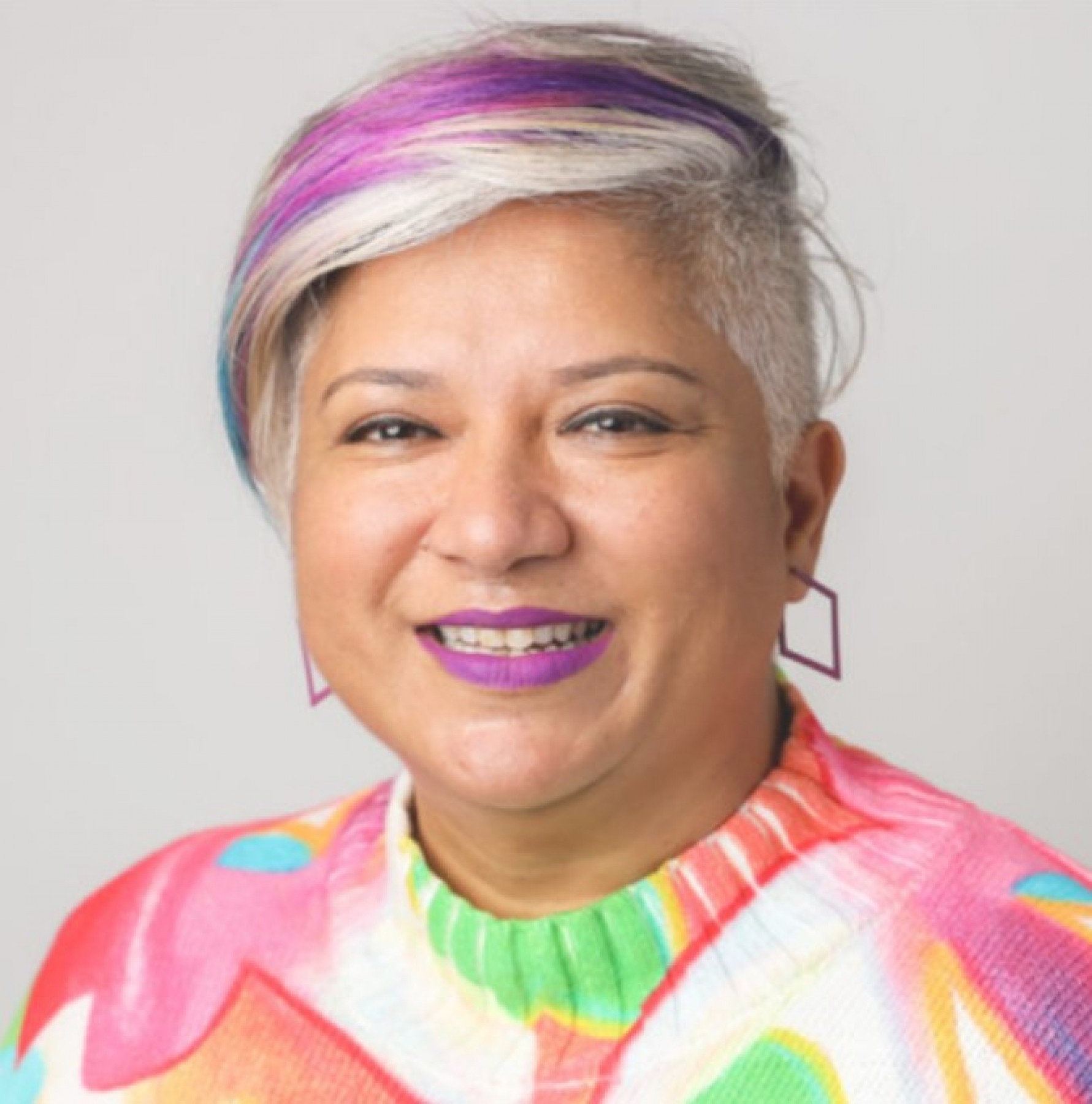Long before social media, my family would eagerly watch the 6pm news. As new migrants to Aotearoa, we would watch with anticipation for even a tiny glimpse of the places we had left behind, that we were connected to. Goa, our turangawaewae, the home of our ancestors, or Tanzania or Kenya, where we had all been born and lived. But it was the seventies, and the closest we ever came was hearing about the famines in Ethiopia and civil war in Angola, until the Montreal Olympics of 1976. We couldn’t wait for the Kenyan and Tanzanian runners like Filbert Bayi to absolutely smash all the other athletes. We knew they were the best!
Our anticipation was thwarted by bigger events. The New Zealand All Blacks had been playing rugby in apartheid South Africa despite the United Nations' calls for a sporting embargo. 28 African countries led by Tanzania decided to boycott the games after they had asked the International Olympic Committee (IOC) to exclude New Zealand from the Games and were refused. The United Nations secretary-general said he recognised the “deep and genuine concerns” felt by African countries but, “at the same time I wish to point out that the Olympic Games have become an occasion of special significance in mankind’s search for brotherhood and understanding.”
The story about the Olympics shows how keen I was to see anything of my world reflected to me through the collective sphere or mass media. But this was rare, and when I did see something, it was often a globalised reflection of famine, disease or deficit. So I turned to literature. I was a frequent visitor to Titirangi Library in West Auckland, where I discovered Ms Magazine and read every issue I could get my hands on. Through authors like Germaine Greer and Andre Dworkin, I read that white feminism was good and brown women were oppressed by their cultures. I struggled to reconcile this idea of brown men as bad. The men I knew in my community (who were very few in NZ in those days), were also struggling with racism, economic disadvantage and white supremacy. My Dad worked two jobs (as a teacher and then as a cleaner) so that my mother could study to become a teacher. He then came home and did the cooking, while my three sisters and I administered the household so that my mother could study, and our collective free time could be spent on family outings.
Reading This Bridge Called My Back was life changing. For the first time, I saw women of colour foregrounded. They were powerful, knowing, wise, and full-bodied; not deficient, in need of rescuing or pathological. I saw them navigating complicated worlds that were not built for them. I saw collective struggles and collective joy. These stories resonated with me so much I developed a desire for collective solidarities, which led to conference organising (for refugees and Indian social service professionals) and connecting and bringing diverse voices together (the Aotearoa Ethnic Network). I moved beyond exploring gender and incorporated other axes of difference including race, class and sexuality into my academic life. I still carry this work with me as I think about race and health as a researcher. I remain indebted to the solidarities that were brought together in this anthology, for giving me hope and pride in my differences, while also reminding me to always think about who and what is missing from the room, whose voices are not heard and how this can be remedied.
About Ruth
Dr Ruth De Souza’s family origins are in Goa, but she was born in Tanzania and raised in Kenya, Aotearoa New Zealand, and The Kingdom of Tonga. Her professional background is in mental health nursing practice, education and research and she is committed to community engaged work and ending inequities in health. Ruth has a long association with the New Zealand Mental Health Foundation going back to 1996 when she taught workshops on depression in Northland and later when she led and collaboratively developed the Foundation’s postnatal depression brochure.
Podcast – Birthing and Justice https://www.buzzsprout.com/1798765
Website http://www.ruthdesouza.com/
Book Details
Moraga, Cherríe., & Anzaldúa, G. E. (eds.). (1981). Frist edition. This bridge called my back: Writings by radical women of color. Persephone Press. ISBN 978-0930436100
Moraga, Cherríe., & Anzaldúa, G. E. (eds.). (2021). This bridge called my back: Writings by radical women of color. Fortieth Anniversary Edition. Suny Press. ISBN: 9781438488288
